
The Lightest, Heaviest Things is a middle-grade fantasy about giants and healing rifts between worlds. In addition to giants, there is an adorable troll named Ull, magic, and two best friends who are figuring out the quest thing as they go. They do discover that snacks are very important while quest-ing.
As a parent, I love the way Weez portrays the relationship between the two friends. They are typical middle-grade girls, jumping to conclusions, doubting their own abilities, and assuming the other has the perfect life. Throughout the story, they grow, their friendship deepens, and they begin seeing life through the other’s eyes.
Weez agreed to share a few thoughts about the theme of friendship and the reaction of her characters to living during uncertain times, two things that are very relatable in these days of 2020.
One of the themes that runs through TLHT is friendship. Peri and Wink are very different and yet they are close. What difficulties come up because of their differences, and how do they resolve them?
I like to think of Peri as being a person who almost feels too deeply. She’s very driven by emotion, and by reaction. Wink, on the other hand, is more logical and serious–and maybe doesn’t allow for emotions as much as she should. This puts a communication barrier between them. Another thing putting a communication barrier between them is their different lifestyles, their different backgrounds. Peri is an only child whose parents often aren’t home. Wink comes from a large, loud family, where at least one parent is always present. It’s hard for them to understand each other because of these differences. But I actually think the biggest barrier between them is their terror of being hurt or of hurting each other. They begin learning to resolve the conflict as they discover more about themselves and the world around them. They learn to be open and honest with each other, and this certainly begins the work of breaking down walls.
If you could sit these two characters down and give them friendship advice, what would it be?
I would encourage them to continue being honest with each other, and to be intentional about talking to each other–but also to give each other space. It’s important to be able to exist both on your own and with others.
What does TLHT have to say about living in uncertain times?
A lot is uncertain in the world Peri and Wink find themselves in. I don’t want to go into detail because of spoilers, but I will say that things seem pretty strange and bleak for them. But they learn that they can be brave, that they can be strong–that they need to work together and remember the good. They learn to go bravely–but also to be bravely. To live life on a founding principle of braveness. They are not alone, and hope can still be found.
The Lightest, Heaviest Things is available on Amazon.

Weez also designed The Lightest, Heaviest Things merchandise. Stickers, pins, T-shirts, and more.
Read reviews of The Lightest, Heaviest Things from the 2020 blog tour:
The Lightest, Heaviest Things; a review
The Lightest, Heaviest Things by Weez Phillips – Book Review
Welcoming The Lightest, Heaviest Things into the World
it’s beginning, it’s beginning, it’s beginning
because pop tarts from a gas station taste better than pop tarts from a grocery store
Weez Phillips is a Christian homeschooled student living with her family in the Deep South. If you ask her how she’s doing, she’s likely to cry a bit and then spout contradicting statements before wandering off in search of fruit (nature’s fast food).






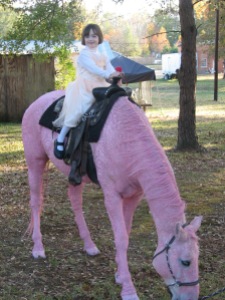
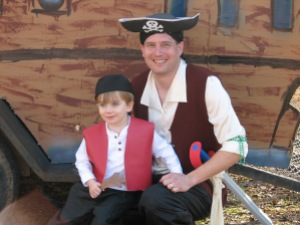
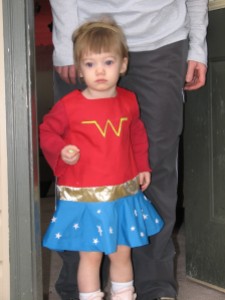




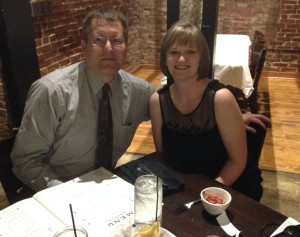

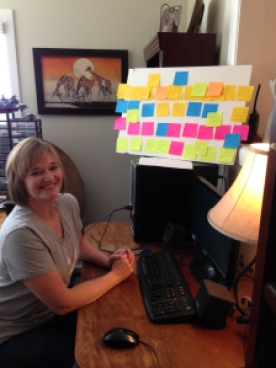
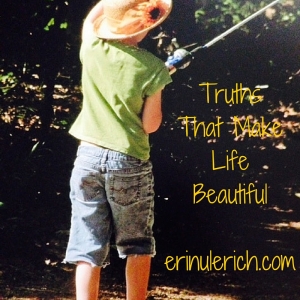


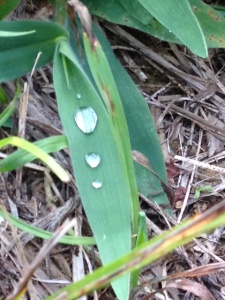



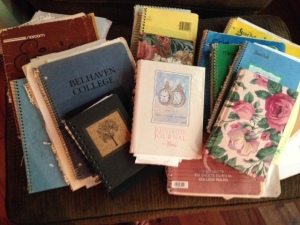
![FullSizeRender[2]](https://erinulerich.files.wordpress.com/2015/07/fullsizerender2-e1440011191782.jpg?w=300&resize=300%2C225)